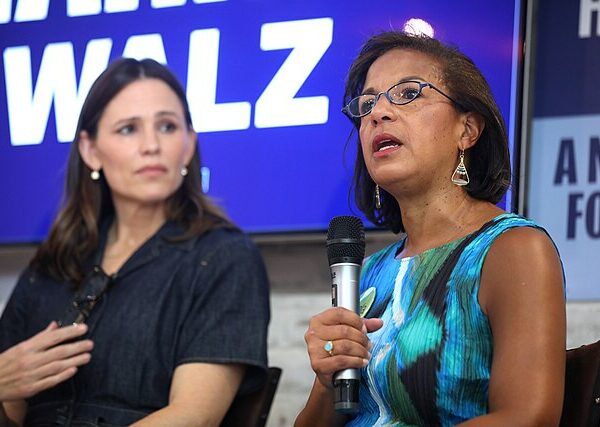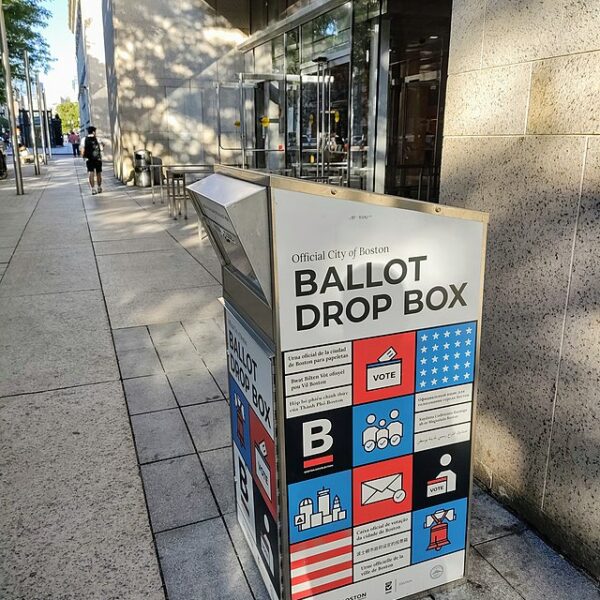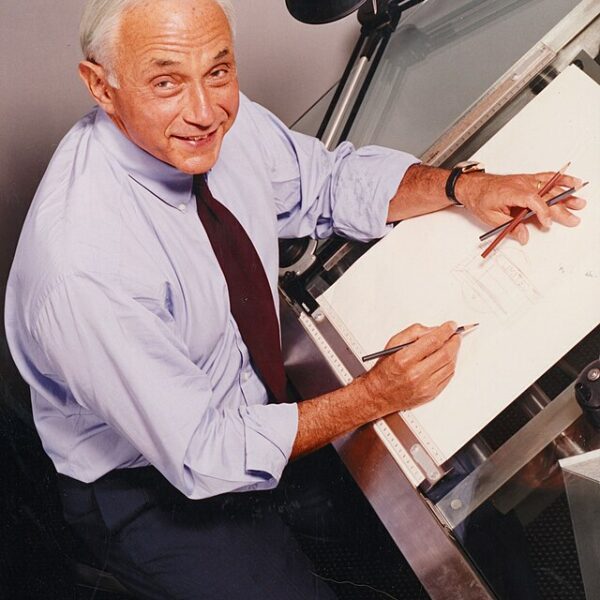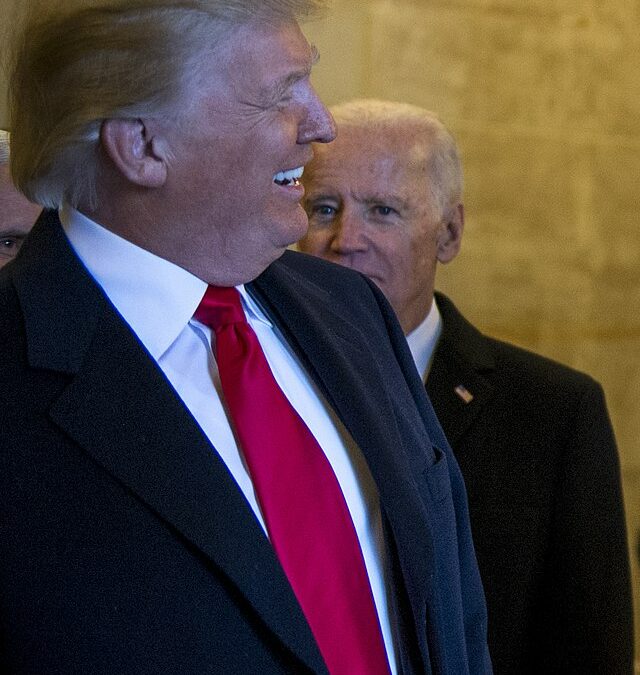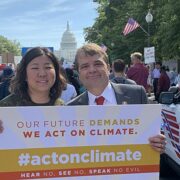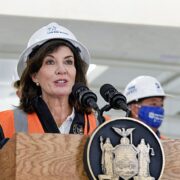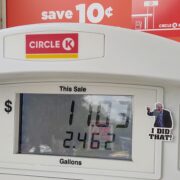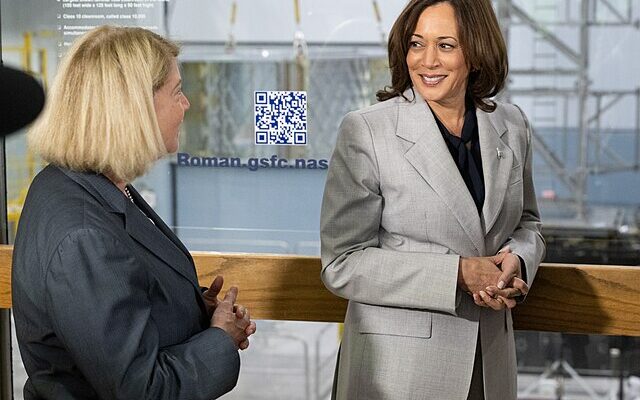
Last month, Kamala Harris seemed to praise Venezuelan dictator Nicolas Maduro’s rigging of that nation’s elections. The vice president said, “The United States stands with the people of Venezuela who expressed their voice in today’s historic presidential election.”
The Harris comment was so egregious that it spurred Elon Musk to issue a warning on Twitter: it could happen here.
I think the risk of this is very real https://t.co/aCb3NNO3mp
— Elon Musk (@elonmusk) July 29, 2024
Still having taken zero interviews a month since being the beneficiary of a “palace coup” against Joe Biden, Kamala Harris announced that she will be releasing her first policy stance for the 2024 campaign, laying out her “economic vision.”
Like Biden-Harris Supreme Court “reform,” the Harris plan for the American economy more closely resembles something from Venezuela than anything put forth by other Democratic presidents, including Barack Obama.
Who’s ready for price controls on food?
Reason Magazine writes that for a while, politics watchers were wondering when in her campaign for president Kamala Harris would unveil an actual policy platform. Now, she’s unveiled some of it, and maybe it was actually better when we knew less.
In a statement released last night, Harris’ campaign said it would enact the “the first-ever federal ban on price gouging on food and groceries—setting clear rules of the road to make clear that big corporations can’t unfairly exploit consumers to run up excessive corporate profits on food and groceries,” with enforcement power given to the Federal Trade Commission. You heard that right: price controls.
It’s not clear how an “excessive” profit would be defined, nor why policing that would be in the purview of the federal government, nor why food prices in particular ought to qualify. It’s not clear what types of behavior that are currently legal would be outlawed.
Price controls have been disastrous whenever they’ve been implemented. Prices are signals, ways of communicating how much of a good is needed by consumers and how much ought to be produced. Interfering with these signals will create terrible shortages. Giving the government the power to meddle in the economy in this way will not drive prices down, it will force some firms to go out of business and some consumers to experience shortages of goods they would have otherwise been able to purchase. The scale at which this devastation happens is contingent on the scale at which the government chooses to meddle.
Just as he did with his nation’s Supreme Court in an effort to consolidate his power, in 2020—as a desperate effort to blame capitalism for inflation rather than his own socialist policies in Venezuela—Maduro published “a list of new price controls for 27 basic food items, fixing the price of eggs, some cuts of meat, and sausage above the monthly minimum wage.”
The result was a disaster.
The government’s efforts to curb hyperinflation by enforcing these controls resulted in severe market distortions. Producers and retailers were forced to sell goods at prices that often fell below the cost of production, leading many to reduce output or cease operations entirely. This intervention disrupted the supply chain, creating widespread shortages of basic food items.
Farmers, unable to cover the costs of inputs like seeds, fertilizers, and equipment, scaled back production, further exacerbating the food crisis. The reduced availability of goods led to long lines at supermarkets, with many shelves often empty. The situation was compounded by the collapse of Venezuela’s oil industry, which traditionally provided the revenue needed to import food and other necessities. With dwindling foreign currency reserves, the government struggled to secure adequate imports, deepening the scarcity.
Additionally, the black market thrived under these conditions. Since official prices were unsustainable, a parallel economy emerged where goods were sold at exorbitant prices, far beyond the reach of ordinary Venezuelans. This dual market system highlighted the failure of price controls, as it did little to alleviate inflation but instead pushed essential items out of reach for most citizens. The humanitarian impact was profound, with widespread malnutrition and hunger becoming common, particularly among the most vulnerable populations. Despite occasional adjustments to these controls, the underlying structural issues remained unaddressed, perpetuating the cycle of shortages and deepening the country’s economic and social crises.
[Read More: Biden Continues To Seethe]

